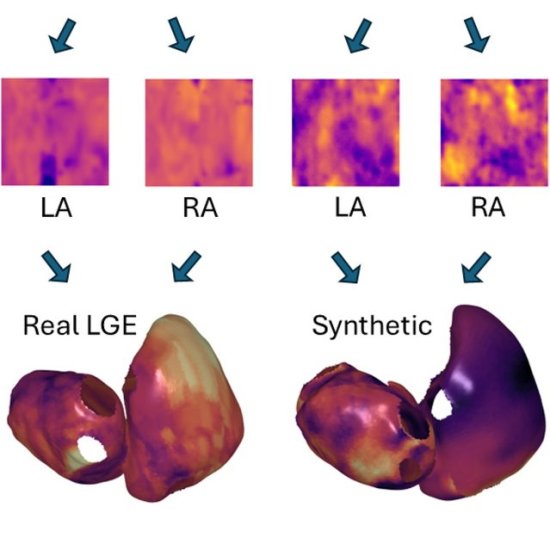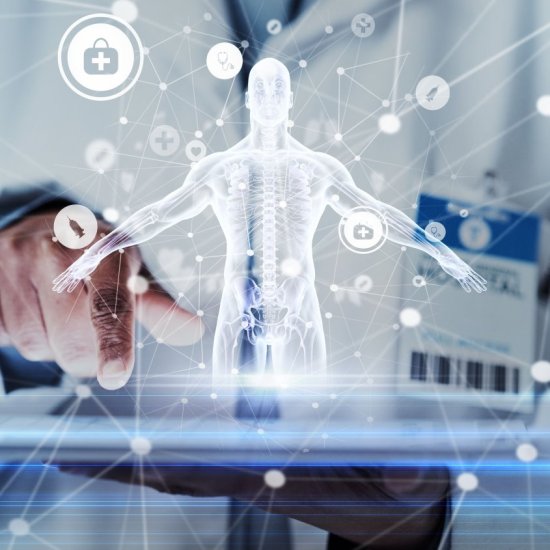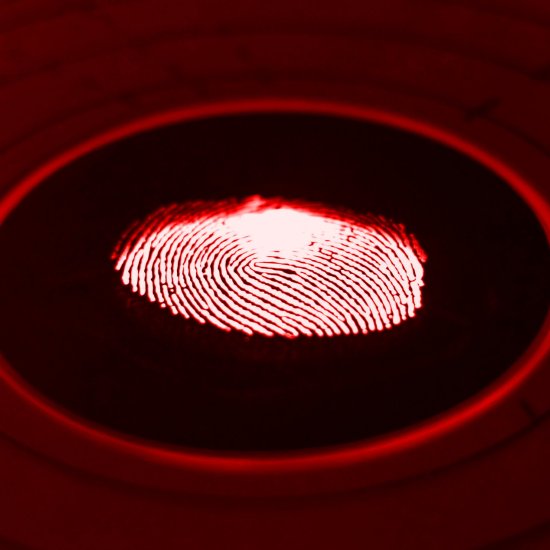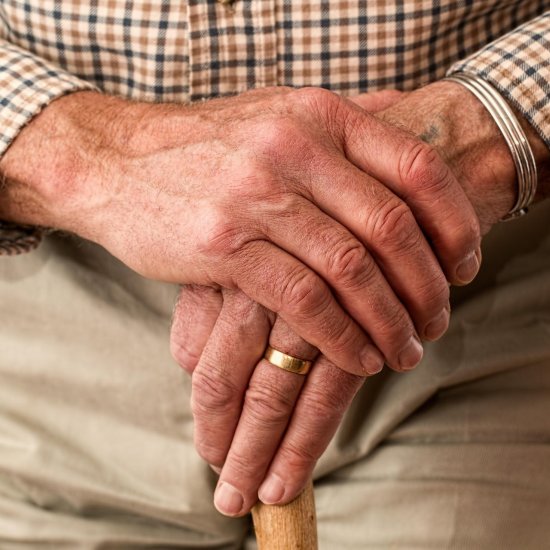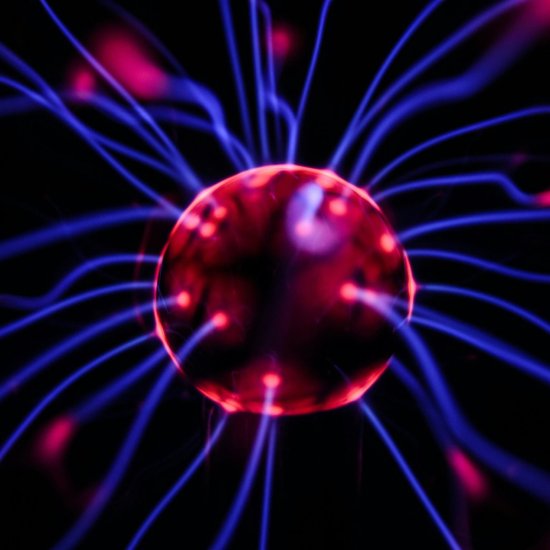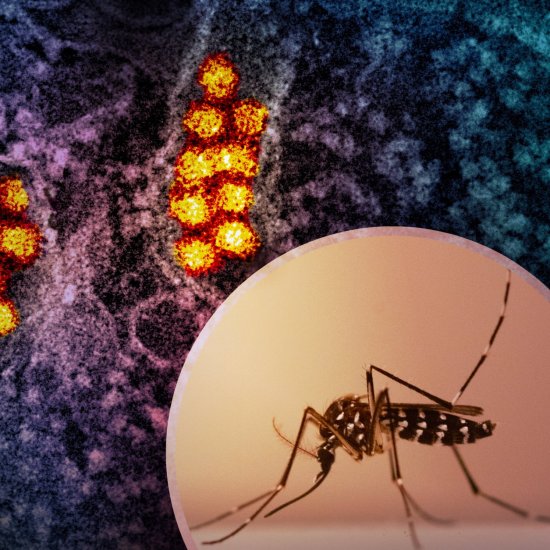
|
|
Theranostics is ushering in a renaissance for nuclear medicine. But while the combination of therapy and diagnostics holds great promise for personalized medicine, challenges remain regarding safety and sustainability. This edition also explores the introduction of clinical reasoning to LLM AI, new insights into cardiac and neurological conditions and the growing need to enhance the cybersecurity of medical digital twins. Enjoy reading!
|
|
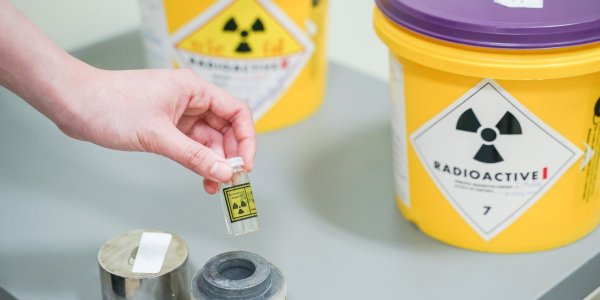 |
Article • Insights and perspectives presented at ECR 2025
Nuclear medicine (NM), one of the more mature technologies of diagnostic imaging, has been experiencing a rebirth in innovation and interest. The increasing prevalence of cancer,, an aging global population, and greater longevity, has created a ... |
Article • Conversational AI in medicine
While generative AI shows immense potential for healthcare, a critical reliability issue lurks beneath the surface: LLMs don't think like doctors do, a data science expert explained at the Emerging Technologies in Medicine (ETIM) congress in ... |
|
News • Synthetic fibrosis distributions
Researchers have developed an AI tool that creates synthetic yet medically accurate models of fibrotic heart tissue (heart scarring), aiding treatment planning for atrial fibrillation (AF) patients. |
|
News • Cardio-diagnostics for untrained users
A new device for people with or without medical training could be used as an easier, more forgiving alternative to stethoscopes to accurately detect valvular heart disease (VHD). |
|
News • Adversarial robust image processing
Medical digital twins can help predict diseases, but are vulnerable to cyberattacks that can lead to incorrect diagnoses. Researchers have developed a new defense system to address this threat. |
|
News • Trial on selective surgery omission
Surgery may not be the best next course of treatment for patients with early-stage breast cancer who had a complete response to neoadjuvant chemotherapy and standard radiotherapy, new research finds. |
|
News • Pulsed infrared light to enhance diagnostics
New research reveals a method that uses pulsed infrared light to identify molecular profiles in blood plasma that could indicate the presence of certain common cancers. |
|
News • Affordable, wearable solution
Using vibrations to help people living with Parkinson's disease regain motor control: Engineering students have created a special glove that aims to reduce the symptoms of the condition. |
|
News • Study on diagnostic shortcomings
A new study found that a significant proportion of Parkinson's disease diagnoses are later corrected. The results demonstrate the need for improved diagnostic processes. |
|
News • Duchenne muscular dystrophy
New research has revealed how Duchenne muscular dystrophy (DMD) also profoundly affects the brain, leading to cognitive and behavioural challenges that are very diverse and some could be reversible. |
|
News • Mechanopathology
Due to the effects of climate change, dengue is spreading worldwide. Now, researchers have developed a 'dengue-on-a-chip' model that helps study the virus more effectively. |
|
Personalia
|
 Anastasia Khvorova, PhD
|
|
Events
|
|
|
|
|
| |
You are receiving this email because you subscribed to our newsletter on healthcare-in-europe If you don’t want to receive this newsletter anymore, click here to unsubscribe.
Keep up-to-date on the latest news from all hospital-related fields!
Subscribe to our bi-monthly newsletter. Copyright © 2026 mgo fachverlage GmbH & Co. KG.
All rights reserved. E.-C.-Baumann-Straße 5, 95326 Kulmbach, Germany
email: newsletter@european-hospital.com |
|



|
|



